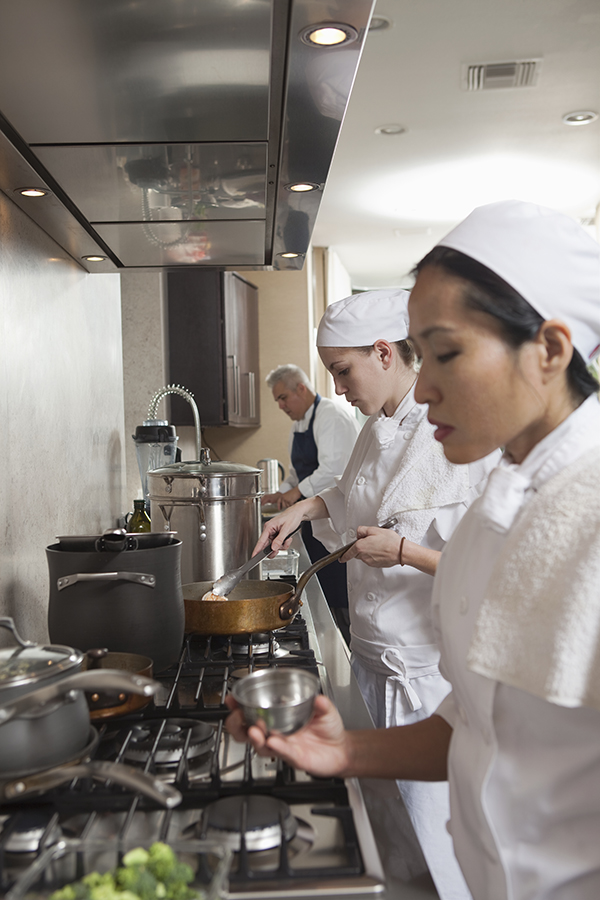The word is out: the catering industry in the Netherlands is crying out for staff, after a really tough year. There are many reasons behind the staff shortage, discussed also elsewhere in this Holland Times. This is not new, as the shortage of staff has been going on for quite some time. However, it has only gotten worse due to the crisis. Statistics Netherlands (CBS) reported that the number of catering establishments and restaurants increased by 5 per cent last year, despite the corona crisis. There are now almost 14,000 open vacancies in hospitality. As a result, the catering industry is crying out for cooks, dishwashers and servers.
“I’m working seven days a week, fourteen hours a day. That’s unsustainable,” says restaurant owner Jesse Hamming. He has now made the decision to close the restaurant in Maastricht that he runs with his parents for two days a week. This is the first time they have done this and the main reason is staff shortage. “My father and I help out in the kitchen. To be open all week, we need a full-time waiter and two chefs,” says Hamming to NOS.
Former employees find new passion due to Covid
During the Covid lockdowns, many staff were forced to find new jobs and 122,000 jobs disappeared. Now, many find they do not want to return to the hospitality business. Richard van der Splinter was a bartender for 22 years. Due to corona, he lost his job. In order to pay the bills, he started working in an elderly care facility. He likes it so much that he doesn’t want to go back to his former career. Former catering manager Patrick Ummels experienced the same. He now works as a team leader in a vaccination center. “I wanted a job in healthcare, but without experience it turned out to be difficult to get a head start. I see this opportunity as a stepping stone.” He does not think he will ever return to his former job.
Jean Carlo Castro Escobar also has no plans to return. Now he works as a house painter. “I was at home for almost three months and I couldn’t go to work. The restaurant was closed.” He saw no way out and is happy with the switch. “The work is fun, you have more free time, and if you work longer, you earn more.” Now, he only comes to the hospitality industry as a guest.
On the other hand, Spanish cook Juan José Rosello loves the restaurant environment. He has been working at the Van der Valk restaurant in Eindhoven for a few days now, after he lost his job in Mallorca, Spain. “People in the Netherlands would rather have an office job. In the hospitality industry you work a lot of hours, sometimes a few hours in the morning and then again in the evening. That’s hard work, but it’s my passion. I’m so happy that I can work here,” says Rosello to NOS.
Horeca Academy
To reduce the outflow of good staff, among other things, a number of Haarlem catering entrepreneurs have now set up the Haarlemsche Horeca Academy. They work together with the municipality, educational institutions and the UWV. One of the initiators is Hildo Makkes van der Deijl, owner of three catering establishments. “We want to give employees career prospects. That is why we have set up a cooperative with which we jointly hire staff.”
Sixteen entrepreneurs have joined the Academy so far. Employees will rotate between the various affiliated companies. Beach bars, for example, need a lot of staff in the summer and little in the winter. In the quiet winter months, the beach bar employees can be deployed via the cooperative in places where it’s actually busy. The cooperative provides staff with training and courses. “Waitering is a respected profession in France and Italy. You are happy when you have an older, experienced waiter who can tell you everything about the menu and wines. Unfortunately, we don’t have that here,” says Makkes van der Deijl.
It is clear that the Corona pandemic has led many people to reconsider their careers. For now, the hospitality industry has to find ways to deal with the consequences.
Written by Raphael Vieira Perachi
